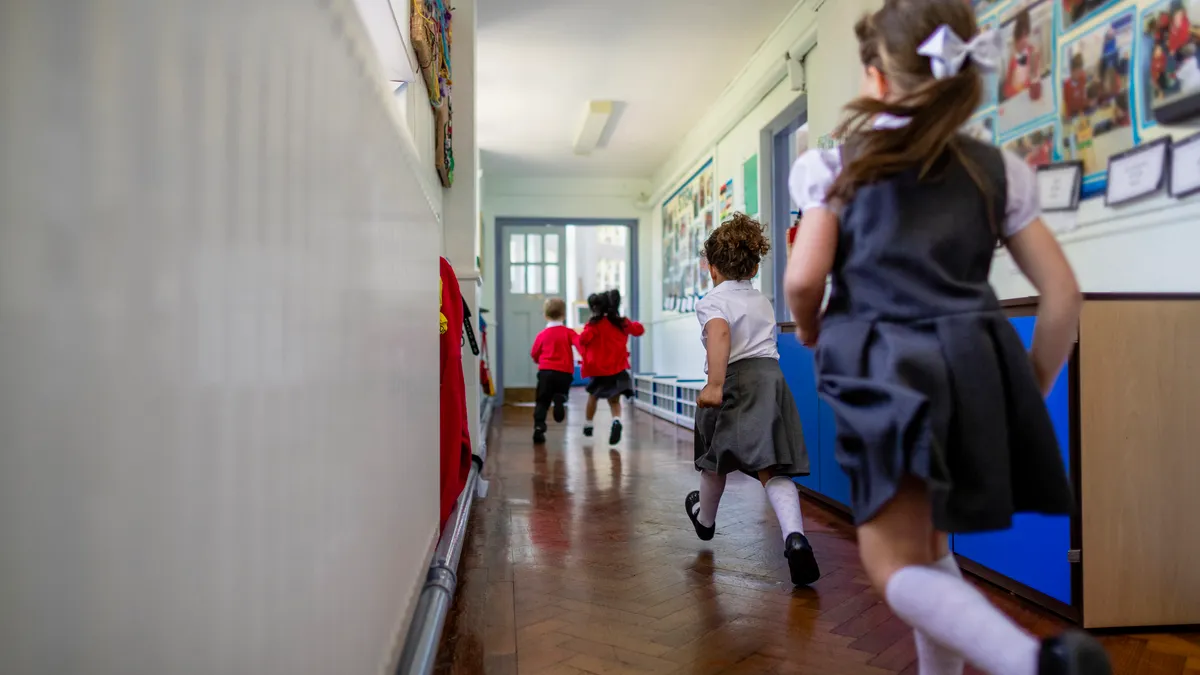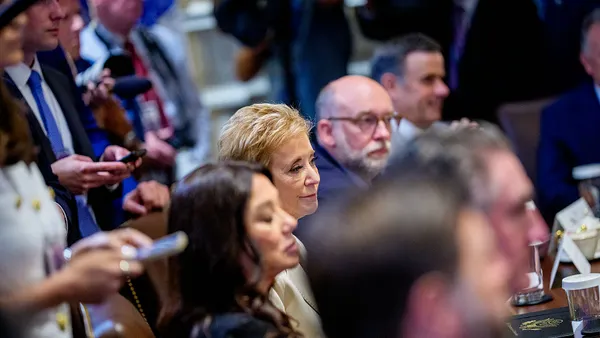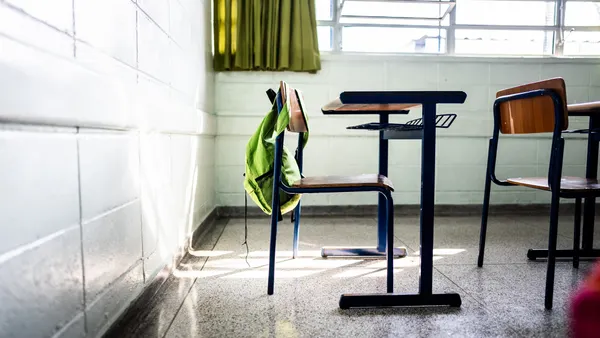Dive Brief:
-
The U.S. Supreme Court announced Monday that it won't hear a case questioning whether a North Carolina charter school requiring girls to wear skirts is accountable to the same civil rights laws as traditional public schools.
-
The decision to not hear Charter Day School, Inc. v. Peltier denies a case that would have brought into question whether private entities authorized by the state to operate a public charter school are state actors subject to federal constitutional requirements. In other words, the case could have decided whether such a charter school must take into account civil rights protections when setting policies and practices.
-
The case could have impacted broader school choice issues such as how and whether religious charter schools should operate, admissions policies, discipline practices and uniform issues.
Dive Insight:
The case arose in 2016 after parents at Charter Day School, which describes itself as a tuition-free and open-enrollment public school, challenged a uniform policy requiring girls to wear skirts rather than shorts or pants. The parents claimed the policy violated sex discrimination protections under Title IX.
In September 2022, Charter Day School requested that the Supreme Court hear the case, disagreeing with lower courts.
"Charter-school operators are broadly empowered to devise educational policies and pedagogical methods without state coercion or encouragement," the petition stated. "They are generally exempt from the laws and the governmental chain of command that apply to traditional public schools," it added.
The Supreme Court's decision on Monday to not accept the case is in line with the U.S. Department of Justice's recent request that the high court deny hearing it.
In its amicus brief filed in May, the Justice Department said the case should not be reviewed partly because it is the wrong case to settle the question of whether a private nonprofit authorized by the state to run a public charter school is a state actor subject to federal civil rights laws.
The Justice Department suggested the court should instead wait for a case from another state that did not already have a state law requiring charter schools to comply with federal constitutional requirements.
North Carolina, where the case was originally filed in 2016, has such a law.
Nina Rees, president and CEO of the National Alliance for Public Charter Schools, said in a statement following Monday’s announcement that she is pleased with the Supreme Court’s decision.
“The actions of the high court affirm that as public school students, charter school students are entitled to the same federal protections as their counterparts who attend district schools,” Rees said.
Baker Mitchell, founder of Charter Day School, said in a statement that the Supreme Court's decision on Monday to not hear the case will impact charter schools everywhere, "threatening their autonomy, subjecting them to the same rules, regulations, and political machinations that have crippled government-run school systems, and worst of all, leaving many low-income parents and students with no option other than poorly performing district schools."
While Mitchell indicated that the charter network will "comply fully" with the Fourth Circuit's prior ruling, it "also intends to stay true to the unique classical academic program that has served our students well for the past 24 years" and "will resist unwarranted restrictions and interference" that falls outside of the court's decision.








 Dive Awards
Dive Awards





